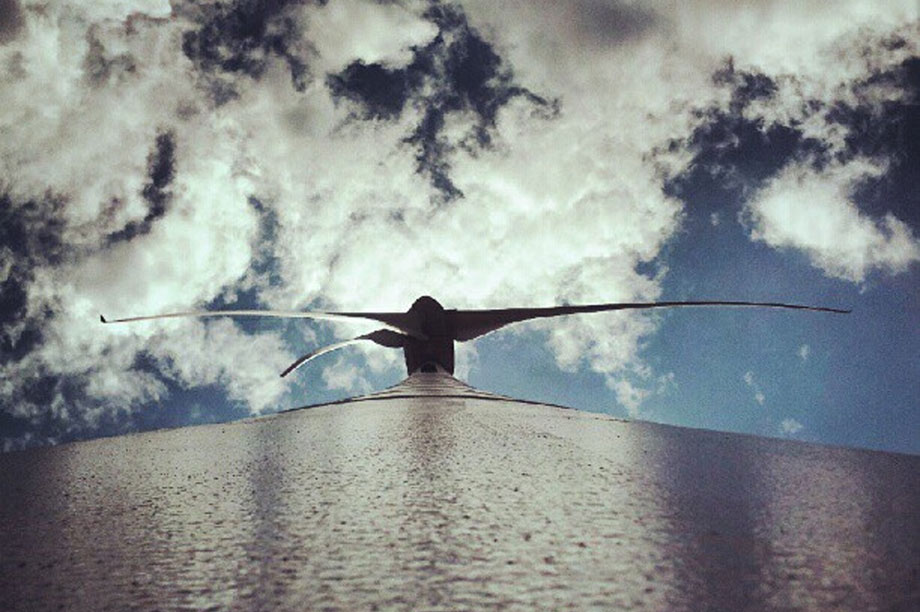Renewable energy developer Bioenergy won 71% of the 282MW of wind sold at the auction in December. Wind power developers registered 484 wind projects with a combined capacity of almost 12GW for December's auction. However, most companies subsequently dropped out due to the low prices.
Prices fell consistently from BRL 112/MWh during the auction rounds. By the end, only 11 projects were sold. Beside Bioenergy, three other companies sold power: Egp Serra Azul - controlled by Italy's Enel Green Power; Spain's Enerfin and Brazil's Renova at BRL 89.20/MWh, BRL 87.50/MWh and BRL 88.68/MWh respectively. By comparison, in 2011's auction, average wind power prices were BRL 105.12/MWh.
"We were there, actively participating, but in the end we withdrew," said Marcos Augusto Brandao, CEO of renewables company Desa."I am not going to go into the details," he said. "But I consider selling at such low prices an adventure. We at Desa are committed to delivering what we sell."
Economies of scale
Bioenergy's stance has been raising questions all over the market in Brazil and abroad, so much so that elbia Melo, president of Brazilian wind energy association Abeeolica, dubbed 2012 as "the year we want to forget". Before the auction, she said the low prices that had been a feature of the Brazilian market were not likely to recur, since there would be greater demand in future auctions.
But Bioenergy shrugged off the criticism. The company's CEO Sergio Marques told “uåX˜äŠÊ˜·³Ç that it could gain competitively from economies of scale and micromanaging projects. Bioenergy is planning to bring forward the start of operations to 2014 so that it can sell power in the non-regulated market, where contracts are shorter but energy can be sold for a higher price.
"Other companies don't have enough experience in wind power, my team has been together since 2001, we built the first Proinfa projects," Marques said.
Last month, Bioenergy announced a BRL 110 million ($53.8 million) project to build 240 kilometres of transmission lines to carry power from its future wind farms in the north-eastern Maranhao state to the grid.
These will be ready in March 2014, more than 30 months before the start of regulated market contracts. At the same time, the first turbines will be operational, Marques said.
"There are many local industries already seeking to buy power for 2014 and 2015 because of higher prices spurred on by the talk of power shortage," he said referring to low reservoir levels that raised alarm bells in Brazil's energy sector a couple of days into 2013. Hydroelectric power makes up 65% of Brazil's energy supply.
Unregulated market
Marques did not say at what price he hopes to sell power in the unregulated market, but it will likely be significantly higher than BRL 87.77/MWh. According to the Brazil Electricity Trading Board CCEE, spot-market prices were above BRL 500/MWh in early January because of low reservoir levels.
Aside from commercial profit, Bioenergy is also relying on reducing installation costs by 22% from BRL 4,500/kW to BRL 3,500/kW ($2,197/kW to $1,708/kW), said Marques.
The company is expected to announce the turbine supplier for its projects later this month. The chosen manufacturer is rumoured to be Chinese. GE supplied the turbines for the company's two other operating wind farms.
Cutting costs
According to Marques, Bioenergy does not sign turnkey engineering contracts. Instead its own employees will develop and manufacture infrastructure such as substations and towers.
"Just by doing this I can cut the cost of building a substation by BRL 20 million to 25 million," Marques said.
The developer can also save money on logistics. Closely managing the order of arrival of towers, hubs, nacelles, blades and other equipment can result in significant savings, he said.

.png)

.png)











